The phenomenon known as ‘mass psychogenic illness’ (MPI) – in which a group of people starts feeling sick with similar symptoms in the absence of a clear physical reason – is nothing new. Indeed, the historical record dates back to medieval Europe – including one notorious case in which nuns were reported to be meowing in unison like cats. In Believing Is Seeing, Robert Bartholomew, a sociologist at the University of Auckland, argues that our exceedingly interconnected world of social media is just as conducive for social panics as secluded medieval convents once were. Focusing on a trend in which tic disorders seem to spread via TikTok videos, Bartholomew breaks down why this ‘placebo effect in reverse’ can still cause genuine illness, as well as why he believes that social media should come with more guardrails. Believing Is Seeing is part of the 2022 short film collection from the New Zealand filmmaking initiative Loading Docs.
Social contagions can cause genuine illness, and TikTok may be a superspreader
Director: Sophie Black
Producer: Nikhil Madhan

videoNeuroscience
Psychiatry is due for a revolution in diagnosis and treatment through brain science
4 minutes
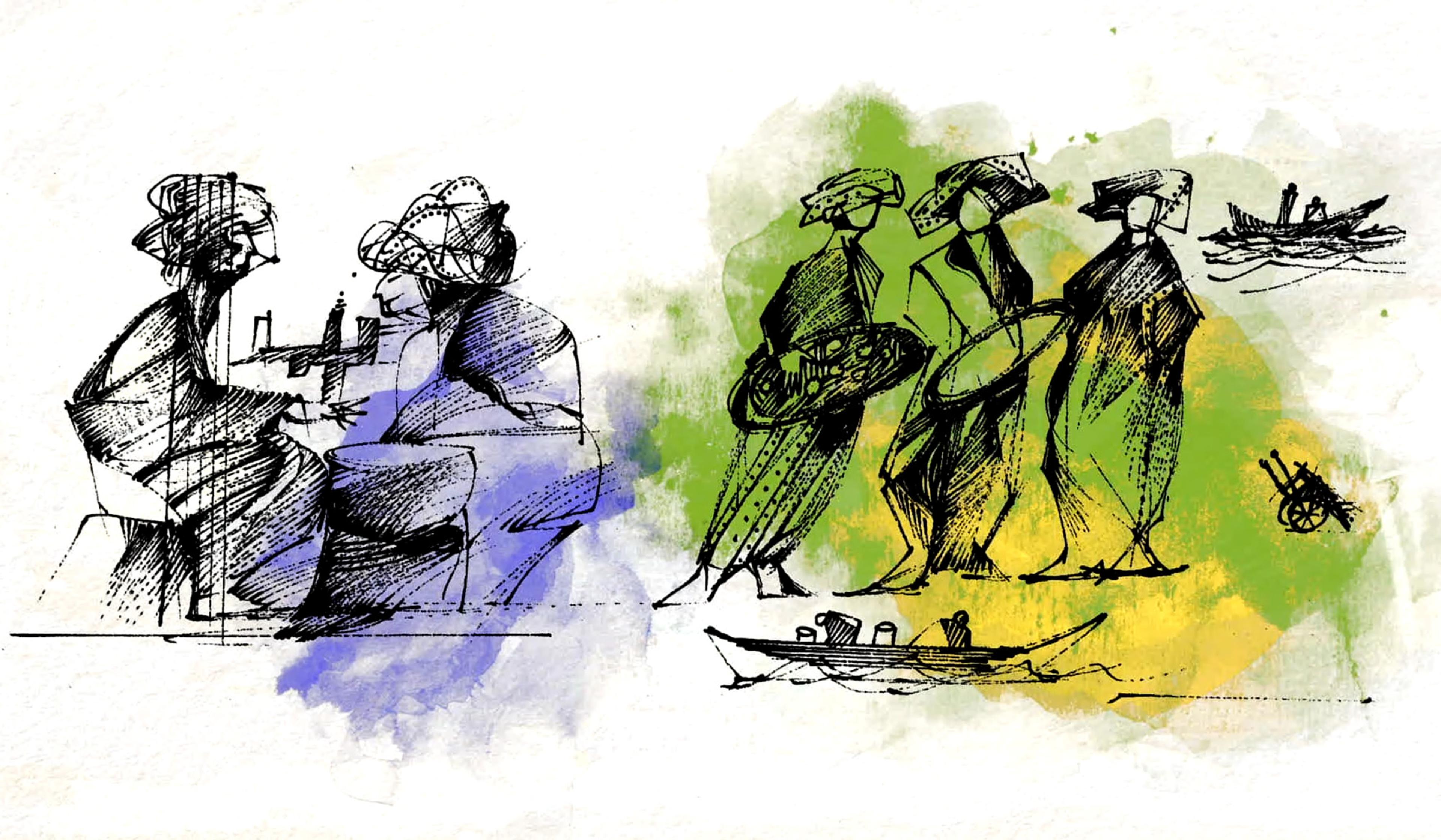
videoAnthropology
Why are witchcraft accusations so common across human societies?
4 minutes

videoMental health
A veteran returns to war through virtual reality, hoping to be rid of his PTSD
14 minutes
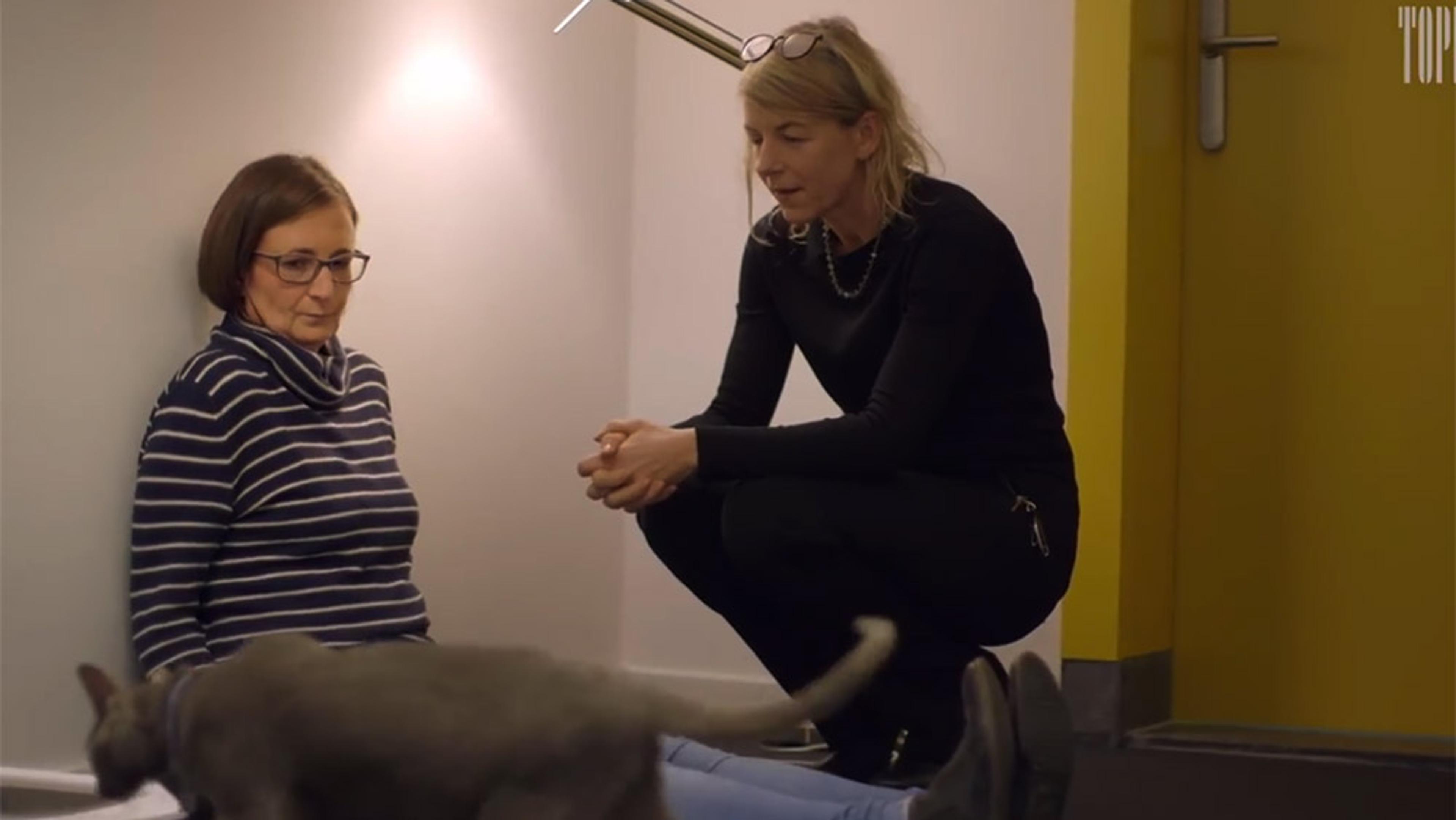
videoPsychiatry and psychotherapy
Can you cure a phobia by medically rewriting the original fear memory?
14 minutes
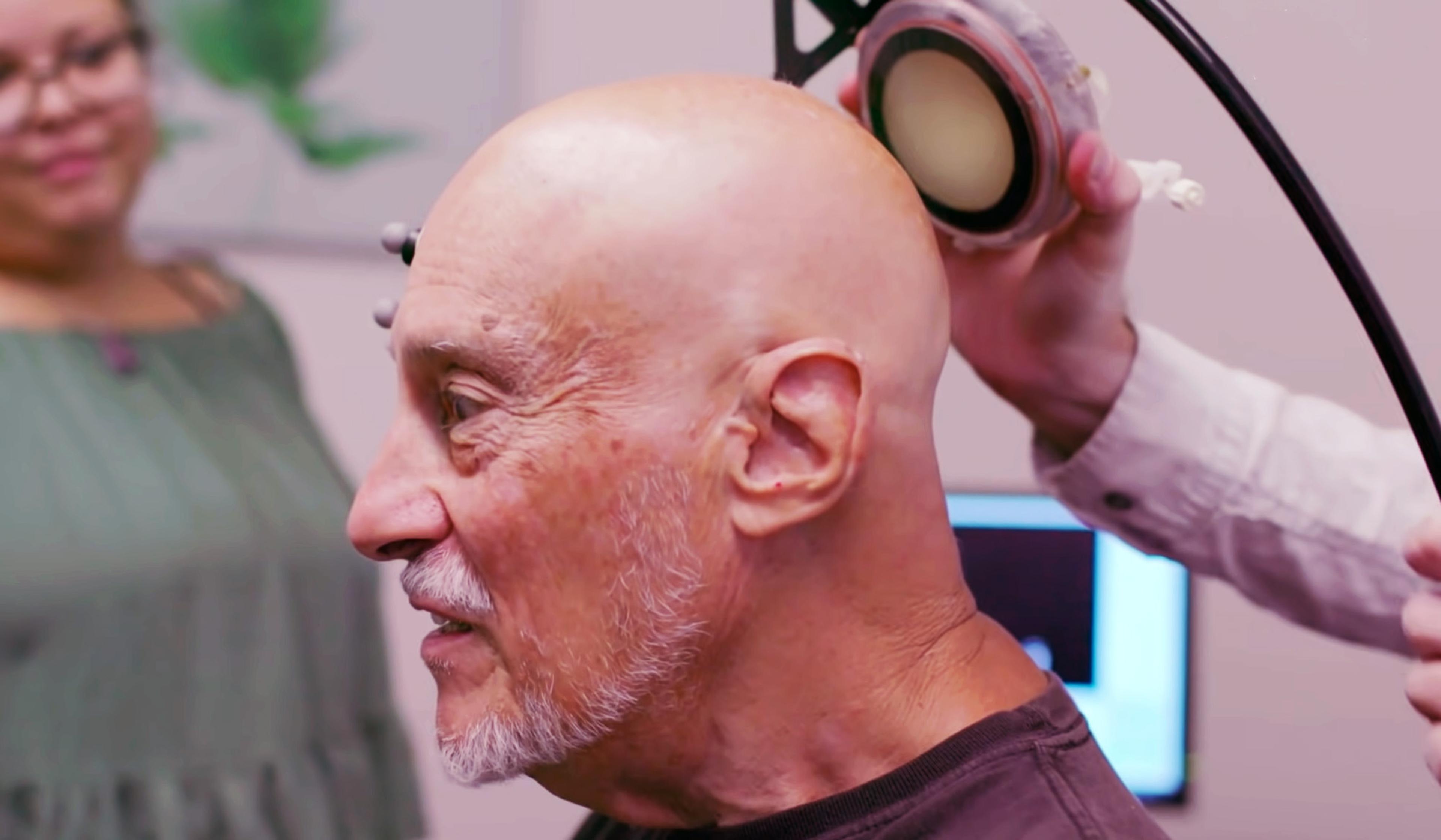
videoConsciousness and altered states
‘Meditation without meditating’ might be possible. Can it also be made ethical?
9 minutes

videoSex and sexuality
After a sextortion scam, Eugene conducts an unblushing survey of masturbation
14 minutes
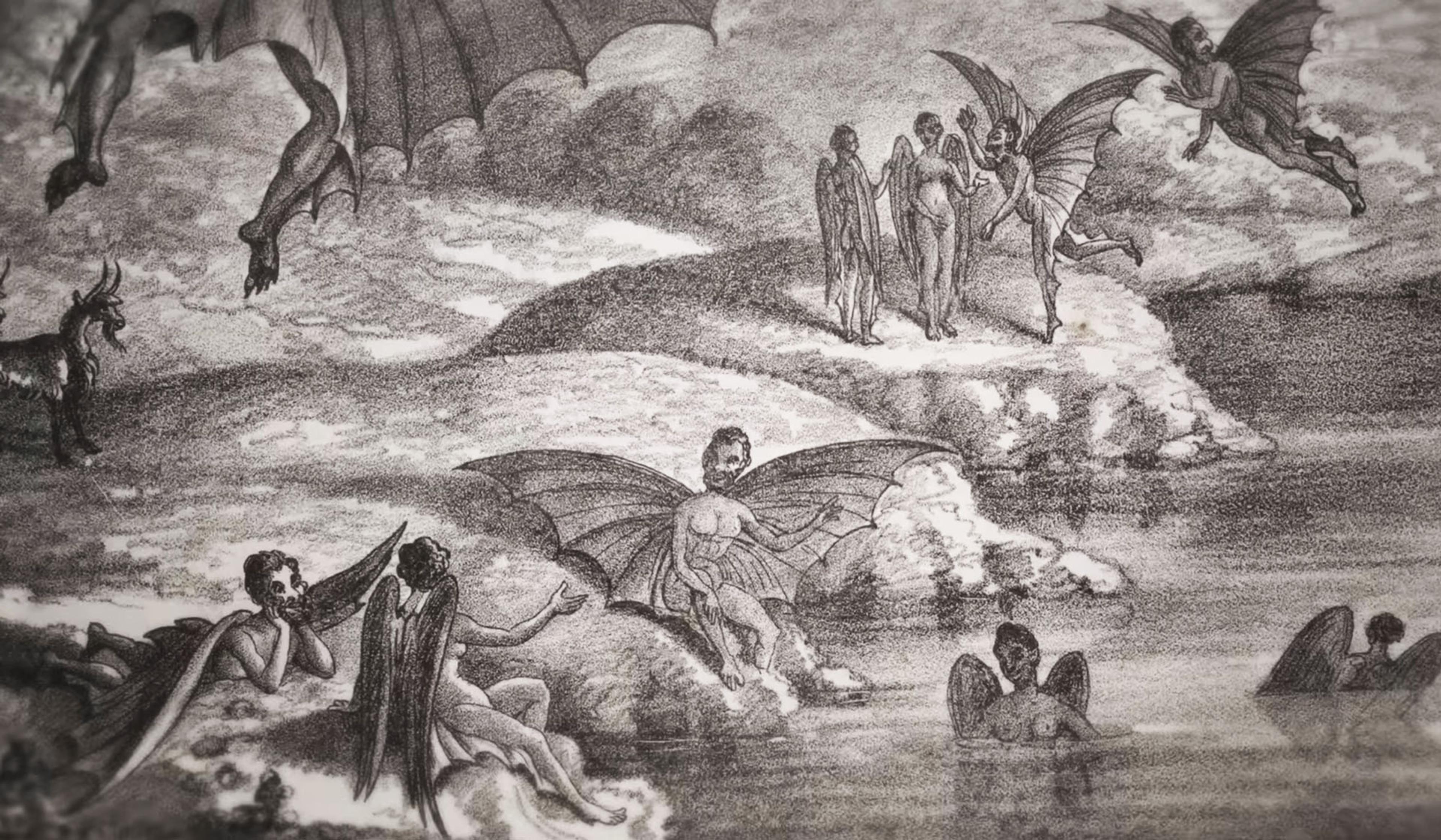
videoHistory of science
Bat-people on the Moon – what a famed 1835 hoax reveals about misinformation today
8 minutes
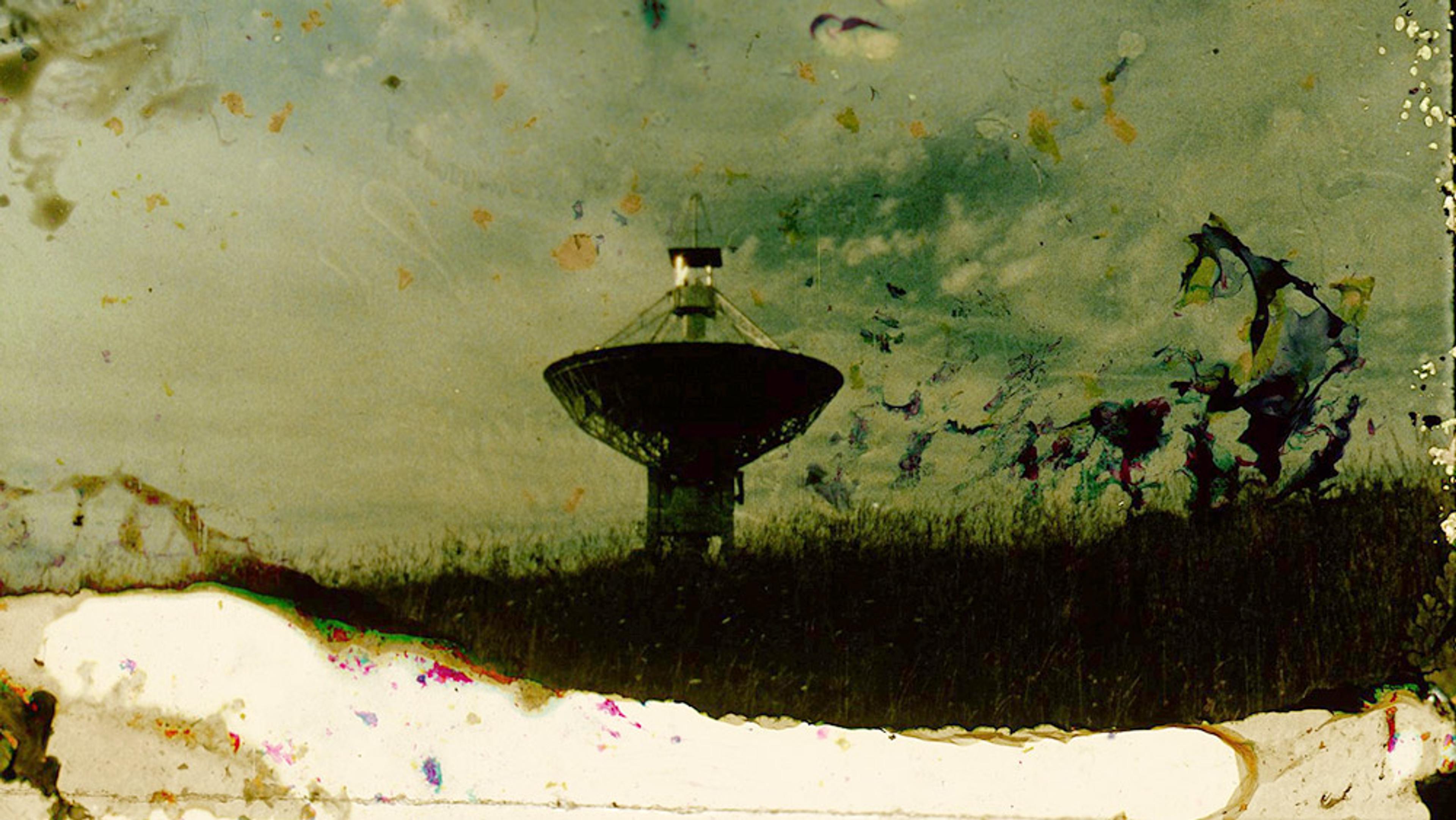
videoTechnology and the self
On the run from the electromagnetic fields of everyday technology
14 minutes
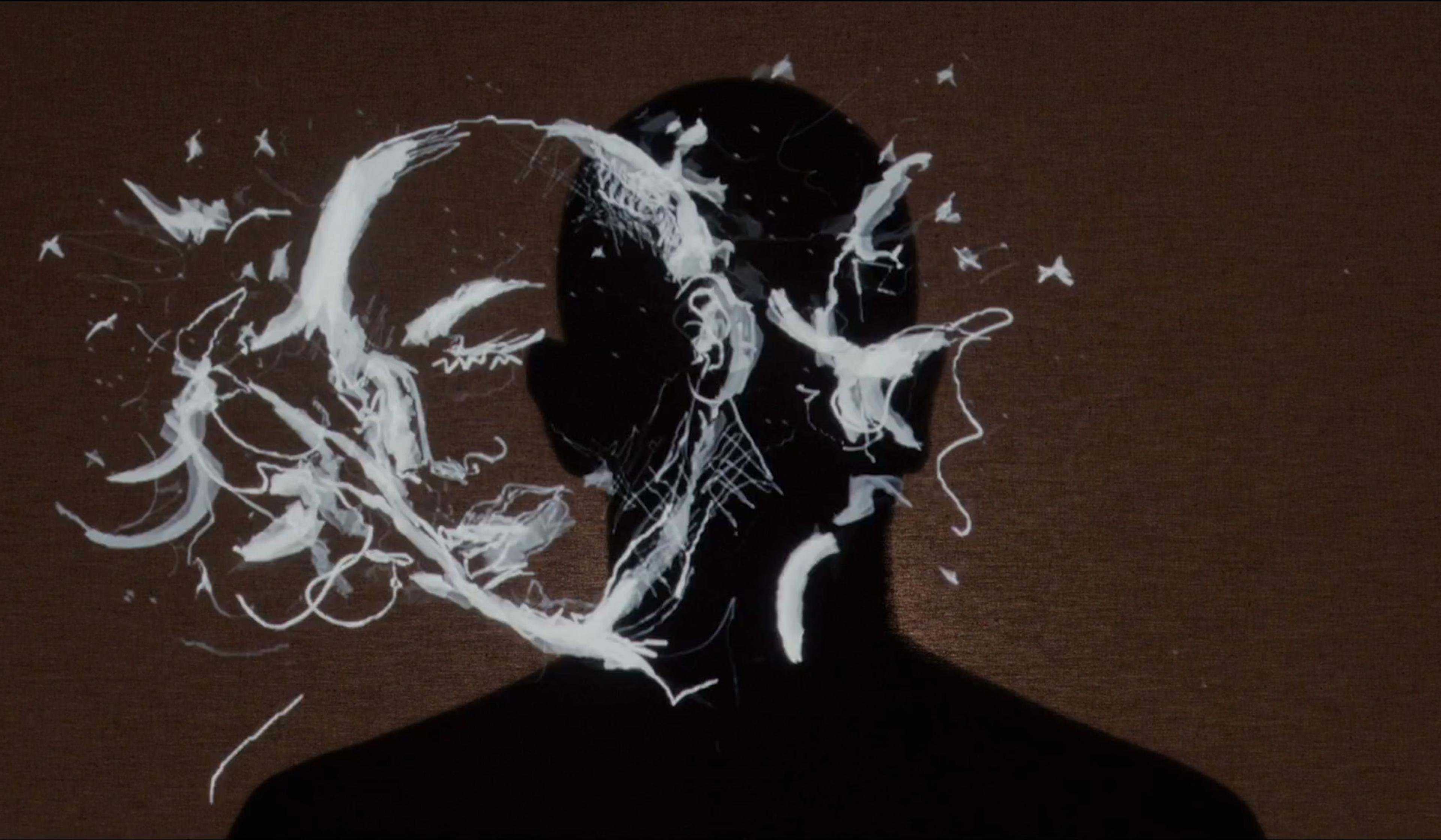
videoMental health
The dark side of ego loss – what it’s like to disappear into depersonalisation
9 minutes